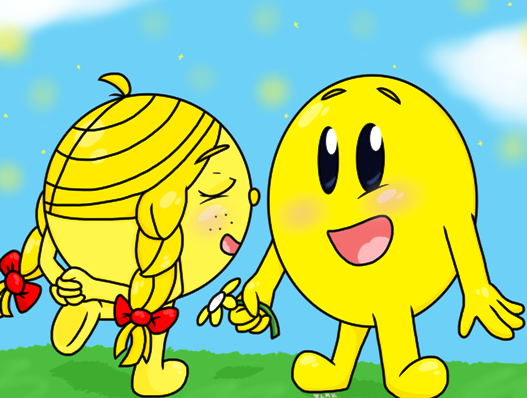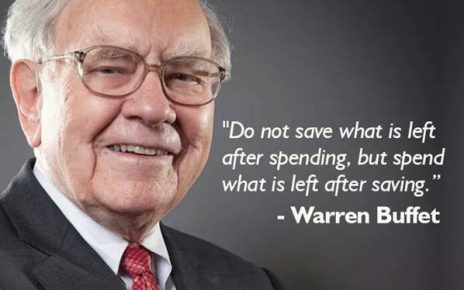Our journey through the history of Homo sapiens is nearly complete; we’ve covered 300,000 years, from the savannahs of East Africa to the modern globalized world.
We now more or less understand the general trends behind human history, but we haven’t really talked about how this has affected us as individuals. Although our health, wealth and knowledge has vastly improved, are we happier?
Disappointingly, on the individual level, the answer is probably not. But why not?
Subjective well-being questionnaires, issued and reviewed by psychologists, have shown that, while humans experience short-term rises in happiness or sadness, in the long-term, our happiness hovers around the same level.
For example, say you lose your job and experience a sharp decrease in happiness; at the time, you’d think that awful feeling would last forever. And yet, within a few months after this big event, your levels of happiness will probably have returned to a “normal” level.
Take a historical example: during the French Revolution, the peasants of France probably felt enormous happiness at their gaining freedom. But not long after this huge event, the average peasant was probably back worrying about his good-for-nothing son or the next year’s harvest.
Homo sapiens probably evolved this balance between complacency and despair to ensure that they were neither knocked out by a traumatic event nor self-satisfied enough to stop striving for bigger and better things.
So on an individual level we are probably not that much happier. But what about on a societal level? With all the improvements in our quality of life, we must be happier than previous generations.
Well, it depends who you are. Most of the prosperity generated by human advancement has found its way into the pockets of a few white men. For those outside of this group, be they indigenous tribes, women or people of color, life has not improved to anywhere near the same levels. They have been victimized time and time again by the historic forces of imperialism and capitalism, and are only now beginning to gain equality.



